Supporting dissenting voices in the MENA region
Freedom of expression and freedom from torture or cruel, inhuman or degrading treatment or punishment, are essential building blocks of a democratic society. Suppression of dissent by any State power violates the freedom of its own citizens in a flagrant breach of international human rights. Equally holding people in degrading and inhuman ways and – in the worst cases – torturing them, is unacceptable for any UN member state.
Silencing discordant voices, persecuting legitimate opposition forces and restricting the fundamental freedoms of thought and expression by violent means is a trademark of repressive, authoritarian and dictatorial regimes throughout history. Devoid the public discourse of the necessary democratic dialogue among the different strata of society and reduce or, in the worst cases, negate the rights of citizens to actively act in the public sphere. In essence, silencing dissent represents one of the most dangerous tools to nip in the bud any opportunity for the development of open, inclusive and democratic societies.
In recent years, cases of such suppression and ill treatment have been frequently reported especially in countries that often remain outside the discussion of human rights violations and seem to remain immune to criticism through policies that corrupt the general perception of reality. Such is the case in several Arab Gulf countries.
In this framework, since the murder of Jamal Khashoggi in 2018, NPWJ has supported the awareness campaign “Justice for Jamal”, launched by Hatice Cengiz, Khashoggi’s fiancée, to keep the international community’s attention high on the Khashoggi case, obtain truth and justice about the circumstances surrounding his killing and to identify and hold accountable moral and material perpetrators. NPWJ believes that this scandalous murder – which was an affront to freedom of speech and human dignity – is not an isolated case but is part of a model of widespread repression in Saudi Arabia against human rights defenders and activists, women, lawyers, journalists, writers and bloggers that has intensified since Crown Prince Mohammad bin Salman came to power in June 2017. The murder dramatically demonstrates that the Saudi regime’s ambitious claims of reform are pure rhetoric and part of a smokescreen strategy used to cover the real face of an escalating and systematic campaign of repression to silence independent, dissenting or even dissonant voices by all means deemed necessary.
Additionally, NPWJ provides a platform for human rights defenders in those country, such as Egypt, United Arab Emirates, Bahrain and others, where opposition forces and human rights defenders are regularly and continuously persecuted for their ideas and for daring to openly and democratically exposing human rights violations and abuses perpetrated by the ruling regime.
With this in mind, No Peace Without Justice carries out advocacy events at international level, interacting with different institutions and actors not only to amplify the voices of the victims but also to raise awareness among policy makers and call on governments and international institutions to act.
Objectives
Objective 1
Promoting human rights compliance and accountability in challenging times.
Objective 2
Amplifying the voices of the victims.
Objective 3
Raising awareness among policy makers and call on governments to act.
Methodology
No Peace Without Justice carries out advocacy events at international level, interacting with different institutions and actors.
Support our commitment
for the protection and promotion of human rights, democracy, the rule of law and international justice throughout the world.


